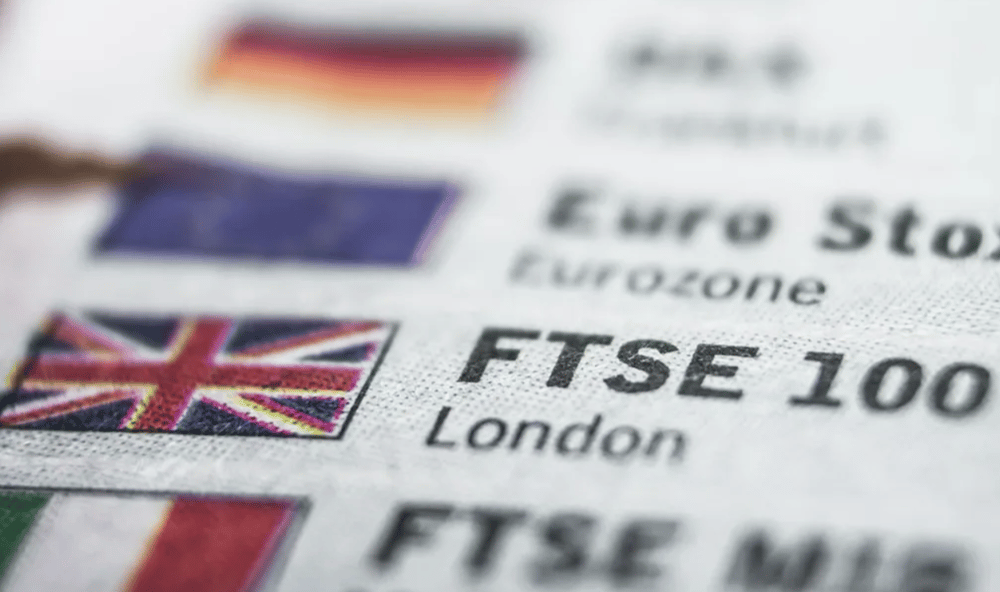Analysis of FTSE 100's Record Close and Impact of New Tariffs
The British FTSE 100 index closed at a record high on Tuesday, driven primarily by a rise in shares of the energy giant Shell $SHEL.L. This gain offset declines in the shares of major metal producers amid the implementation of new tariffs by former U.S. President Donald Trump, sparking concerns over demand.
FTSE 100 Achievements
The FTSE 100 increased by 0.1% largely due to Shell’s impressive 2.4% surge. Additionally, Shell is in advanced negotiations with Nigerian oil companies over contracts related to the deepwater Bonga North project, potentially valued at up to 25%. These developments underline the company's strategic focus in a rapidly changing global market while bolstering the index's robustness.

Tariff Impact on the Metals Sector
The introduction of 25% tariffs on steel and aluminum imports—implemented without exceptions—has significantly pressured stocks of leading mining companies. Major players such as Antofagasta $ANTO.L, Glencore $GLEN.L, and Rio Tinto $RIO.L experienced declines ranging between 1.2% and 2.7%. This policy measure has raised fears of a possible slowdown in economic growth and a reduced demand for metals, intensifying worries about the broader global trade environment.
Performance of the Oil Sector
The oil sector also experienced notable volatility. BP $BP.L, a major entrant, saw its shares drop by 0.6% following a record daily gain. The company recently reported its lowest profit in four years, prompting CEO Murray O’Kinsellas to announce a comprehensive strategic review. This signals potential structural shifts within the industry amid an uncertain global economic backdrop.

Key Market Developments
1. The record close of the FTSE 100 was primarily driven by Shell’s stock surge, serving as the primary contributor to the index’s performance.
2. New U.S. tariffs on steel and aluminum have adversely affected major mining companies, highlighting the risks associated with escalating trade tensions.
3. The oil sector is facing challenges, with BP reporting diminished profitability and signaling forthcoming strategic adjustments.
Influences on the Travel and Leisure Sector
- The travel and leisure sector experienced the most significant losses in the market.
- Airline stocks were particularly hard hit:
• TUI $TUI1.DE dropped by 10.2% amid a slowdown in bookings.
• Wizz Air $WIZZ.L declined by 1.2% and easyJet $EZJ.L by 2.7%.
• IAG $ICAGY, the owner of British Airways, saw a 1.7% fall.
- Moreover, Bellway $BWY.L shares fell by 5.2% due to concerns over housing availability in the UK real estate market.
- The betting firm Entain $ENT.L became the worst performer in the FTSE 100, with an 11.1% drop after the sudden departure of CEO Gavin Isaac, leading to temporary leadership changes.

Conclusions and Market Outlook
The current market analysis underlines the multifaceted response of the stock market to geopolitical and economic developments. The surge in Shell’s stocks and the record close of the FTSE 100 underscore the resilience of certain sectors despite the negative impacts of tariff measures and global trade tensions. However, declines in the metals and travel sectors suggest that continuous monitoring of these trends is essential, as external and internal crises may continue to influence market dynamics.















Comments